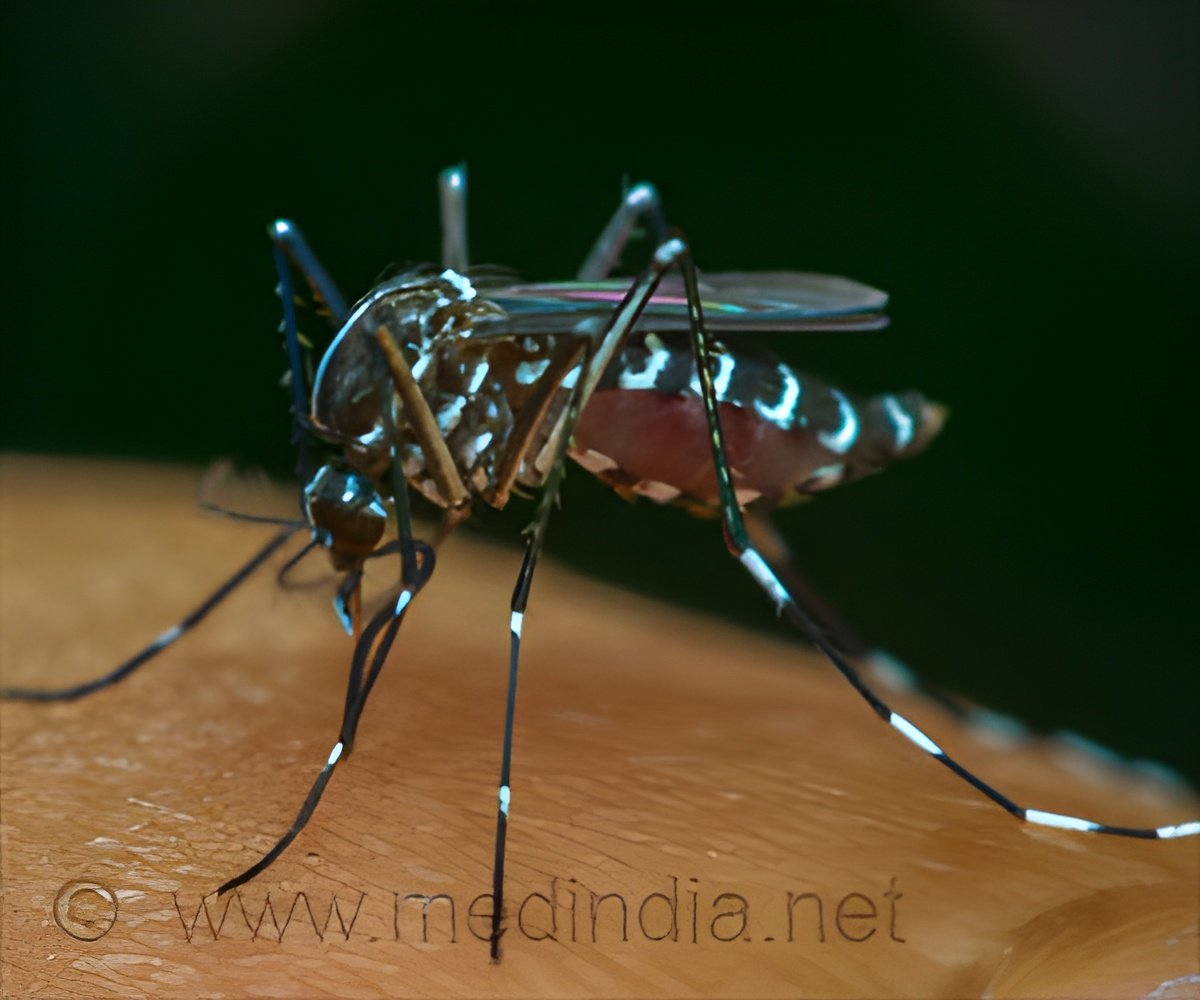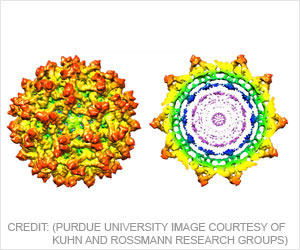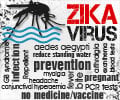Zika virus is an infectious mosquito-borne disease that is widespread and more severe among Canadian Travelers, reveals study.

‘Zika virus is an infectious mosquito-borne disease which is common and more severe than expected among Canadian travelers.’





Zika virus, an infectious mosquito-borne disease introduced in the Americas in 2013, became widespread in 2015 and caused severe birth defects in babies of pregnant women who were infected.There are few data on Zika virus in Canadian travelers, a highly mobile group, and this study sought to contribute to a better understanding of the disease.
Researchers looked at data over one year from the Canadian Travel Medicine Network (CanTravNet), a network of infectious disease specialists across the country focused on detecting travel-related illness in returned Canadians and visitors to Canada. The study included data on 1118 travelers who visited one of seven CanTravNet clinics in large cities in British Columbia, Alberta, Manitoba, Ontario and Quebec for a travel-related illness picked up in the Americas (Central and South America and the Caribbean).
Of all travelers examined at the seven CanTravNet clinics, 41 (3.7%) had been infected with Zika virus, 41 (3.7%) had dengue and 23 (2.1%) had chikungunya, all mosquito-borne illnesses transmitted throughout the Americas. Almost 60% (24) of travelers with Zika were female, of whom 79% (19) were of child-bearing age. Except for one case of infection through sexual intercourse, all cases were most likely transmitted by mosquitoes. Three pregnant women were infected, with two cases of congenital infection, and another two travelers had Guillain-Barré or GBS-like syndrome, making a total of 10% of cases with severe complications of Zika. Conversely, none of the cases of dengue or chikungunya had a complicated course of infection.
Symptoms in travelers with Zika included rash (88%) and fever (80%) during the acute phase, and about half complained of muscle or joint pain or headaches. About 1 in 6 travelers with Zika virus developed pink eye (conjunctivitis). The virus was lab-confirmed with two types of blood tests, serology and polymerase chain reaction (PCR), but due to limited overlap between these two tests (i.e., only 1 in 5 travelers with Zika were positive by both tests), the authors advocate for a 2-pronged sequential approach to testing those with acute illness.
Advertisement
"Referral bias to our centres may have contributed to the more severe clinical presentations noted for Zika, though we would have expected the same phenomenon to occur with dengue and chikungunya were this a significant contributing bias," states Dr. Boggild. "Due to the structure of CanTravNet, our clinics primarily service an adult population, so pediatric cases are under-represented in the database."
Advertisement
They urge prevention, such as deferring travel in case of current pregnancy or planned pregnancy, protecting against mosquito bites using clothing and DEET- or picaridin-containing mosquito repellents, and barrier protection during sexual activity.
Source-Eurekalert











